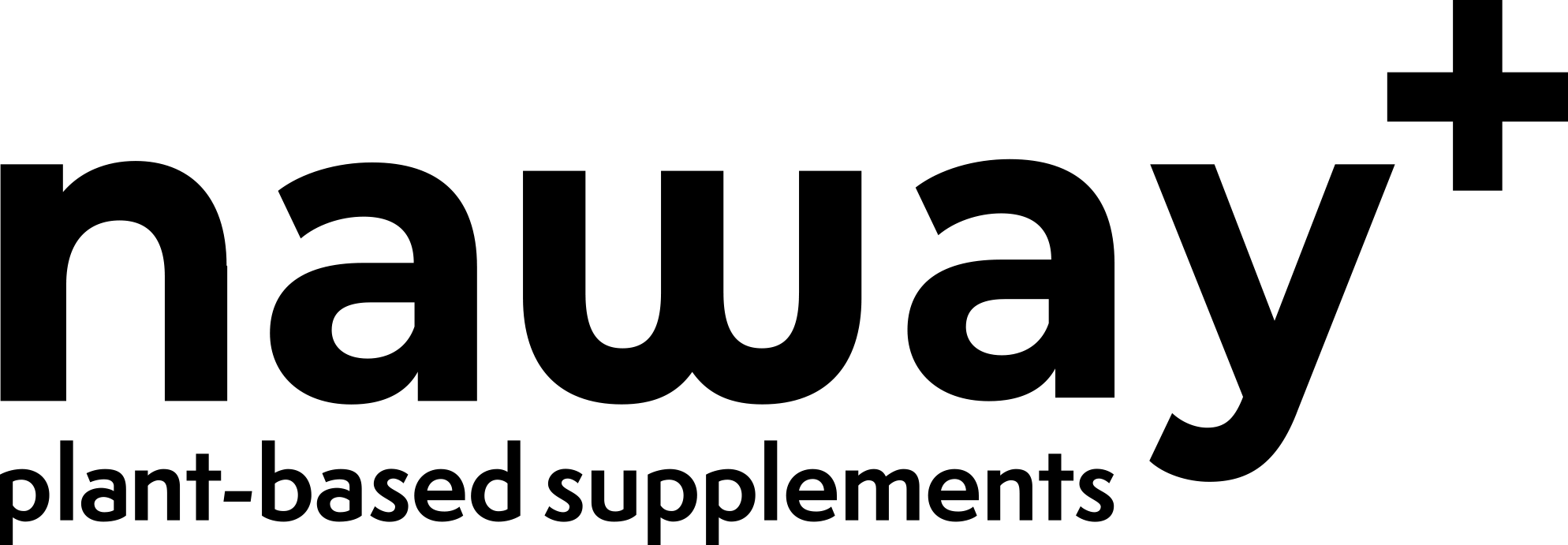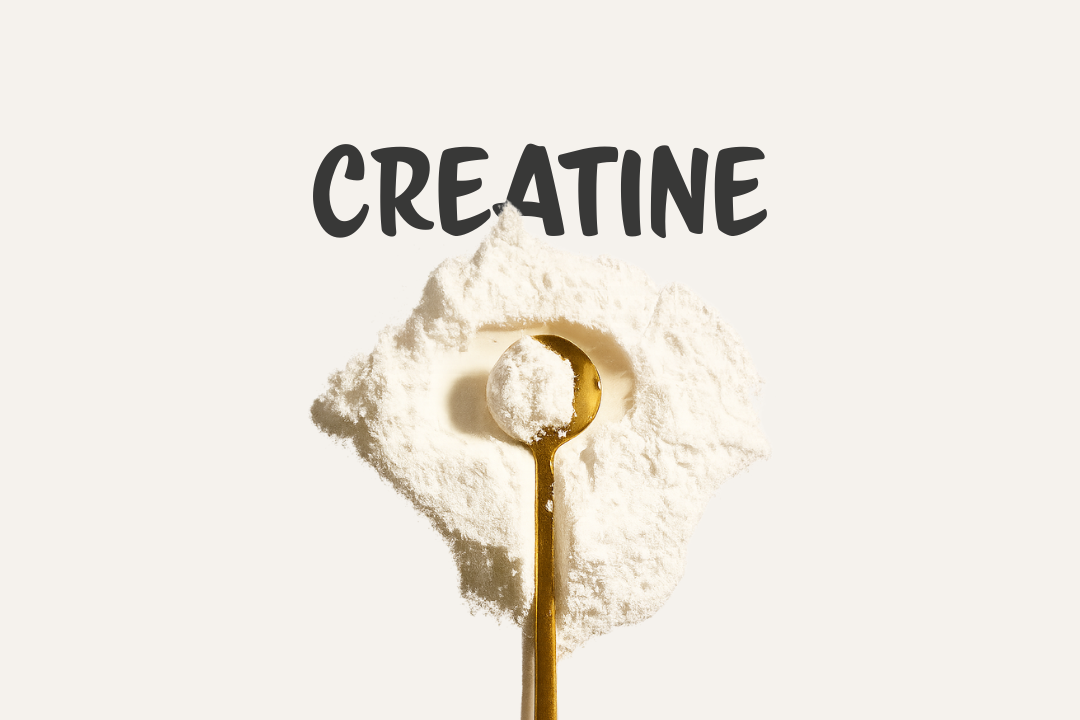When most people hear the word creatine, they think of bodybuilders chugging shakes in the locker room. But the truth is, creatine is so much more than just a muscle-building supplement.
This naturally occurring compound plays a crucial role in your brain, energy metabolism, and even mood regulation. Whether you’re chasing longevity, sharper focus, or simply want to feel like your best self, creatine may be the upgrade you’ve been overlooking.
1. What Exactly Is Creatine?
Creatine is found in every cell of your body. It helps produce ATP (adenosine triphosphate), your body’s primary energy currency. While it’s naturally found in animal-based foods like meat and fish, most people don’t get enough to optimise performance, especially vegans and vegetarians.

2. Creatine for Brain Health and Mood
Your brain uses a surprising amount of energy and creatine helps it stay sharp. Research shows that creatine supplementation can enhance cognitive performance, especially under stress, sleep deprivation, or mental fatigue.
One double-blind study found that just 5 grams of creatine per day significantly improved working memory and overall intelligence task performance in healthy young adults【1】.
Creatine also supports mental health. A 2020 meta-analysis found that creatine supplementation had antidepressant effects and may help reduce symptoms in people with major depressive disorder【2】.
3. Creatine and Longevity
Creatine helps maintain muscle mass, strength, and functional capacity - all vital for healthy aging. It may also protect against age-related muscle loss (sarcopenia), especially when combined with resistance training【3】.
Some studies suggest creatine may even reduce inflammation and oxidative stress, two major contributors to aging and chronic disease【4】.
4. Creatine for Cellular Energy
Every time you move, think, or even blink, your body uses ATP. Creatine helps regenerate ATP faster, giving you more endurance not just in your workouts, but in daily life.
It’s like having a backup battery for your cells.
5. Creatine for Everyone
Contrary to the stereotype, creatine isn’t just for men or gym-goers. In fact, women, vegans, vegetarians, and people under cognitive stress may benefit even more. The average omnivore gets ~1g per day from food, while vegetarians get almost none, making supplementation especially beneficial【5】.
How to Take It
-
Daily dose: 3–5g per day of creatine monohydrate.
-
Timing: Any time of day. Take it consistently, creatine works through saturation, not timing.
-
Bonus tip: Stay hydrated for optimal absorption.
If you want the best purest Creatine supplement on the markte, check out our Creatine+ a pure, clinically-backed form of creatine monohydrate that supports more than just your workouts.
Our Creatine+ uses pure Creapure® creatine monohydrate. The gold standard for quality and purity, the only Creatine made in the western part of the world.
Final Thoughts
Creatine is one of the most researched supplements out there—and it’s not just about biceps. If you’re looking to support your mental clarity, physical performance, and long-term health, creatine deserves a place in your daily routine.
It’s a small addition that delivers big returns.
References:






Share:
What Is “Clear Protein” - And Is It Better For You?
Protein Intake & Healthy Aging